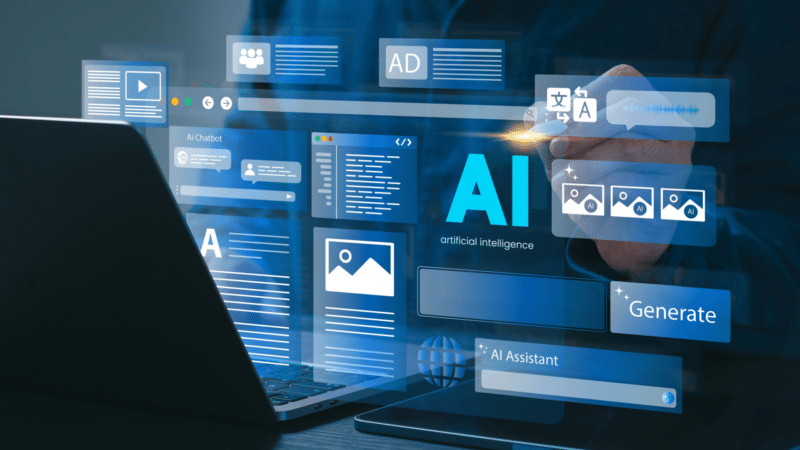
Artificial intelligence (AI) is transforming every facet of PPC advertising, from creative assets to audience targeting, reporting and ongoing optimization.
With the rise of LLMs as an alternative to traditional search, we’re also witnessing huge disruption to Google’s search business.
This article explores the latest trends, tools and strategies to help you navigate the evolving search landscape and leverage AI as a copilot for improved paid media performance.
AI’s impact on paid media strategy
AI has been disrupting paid media more than any other area of digital marketing for the past decade. We’re experiencing the shift toward automated campaign management in Google Ads since smart bidding rolled out in 2016, so we should be better equipped than most to harness this technology.
More recently, we’ve witnessed a huge advancement in generative AI capabilities, including tools like Microsoft’s Copilot embedding creative production capabilities and Google’s Gemini-powered advertising solutions in Performance Max.
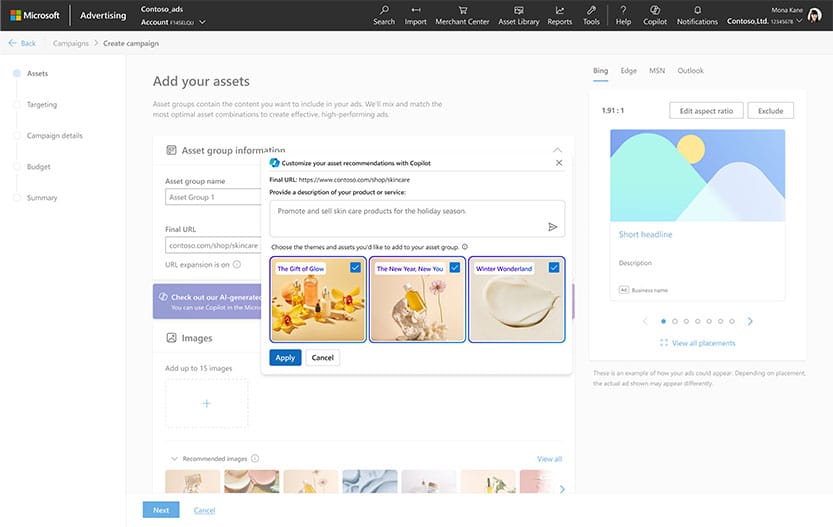
While these advancements offer many benefits, they also come with challenges, such as reduced originality in ads and less transparency and control for advertisers.
Dig deeper: AI and Google advertising: What’s next?
AI-powered tools, formats and platforms
Performance Max
Performance Max represents a significant shift toward more automated advertising.
These campaigns automatically optimize for conversions across Google’s entire network, including YouTube, Display, Search, Discover, Gmail and Maps.
Recent updates have introduced additional control layers, such as brand exclusion capabilities, preventing Performance Max from being overly reliant on brand search.
These improvements are a step in the right direction, but Performance Max campaigns still perform best with close human oversight.
It has been proven to be strongest in accounts with multiple campaigns, asset groups, more audience data and high-quality creative assets.
AI Overviews: Diversifying your media mix
Google’s AI Overviews marks a huge shift in Google’s search experience.
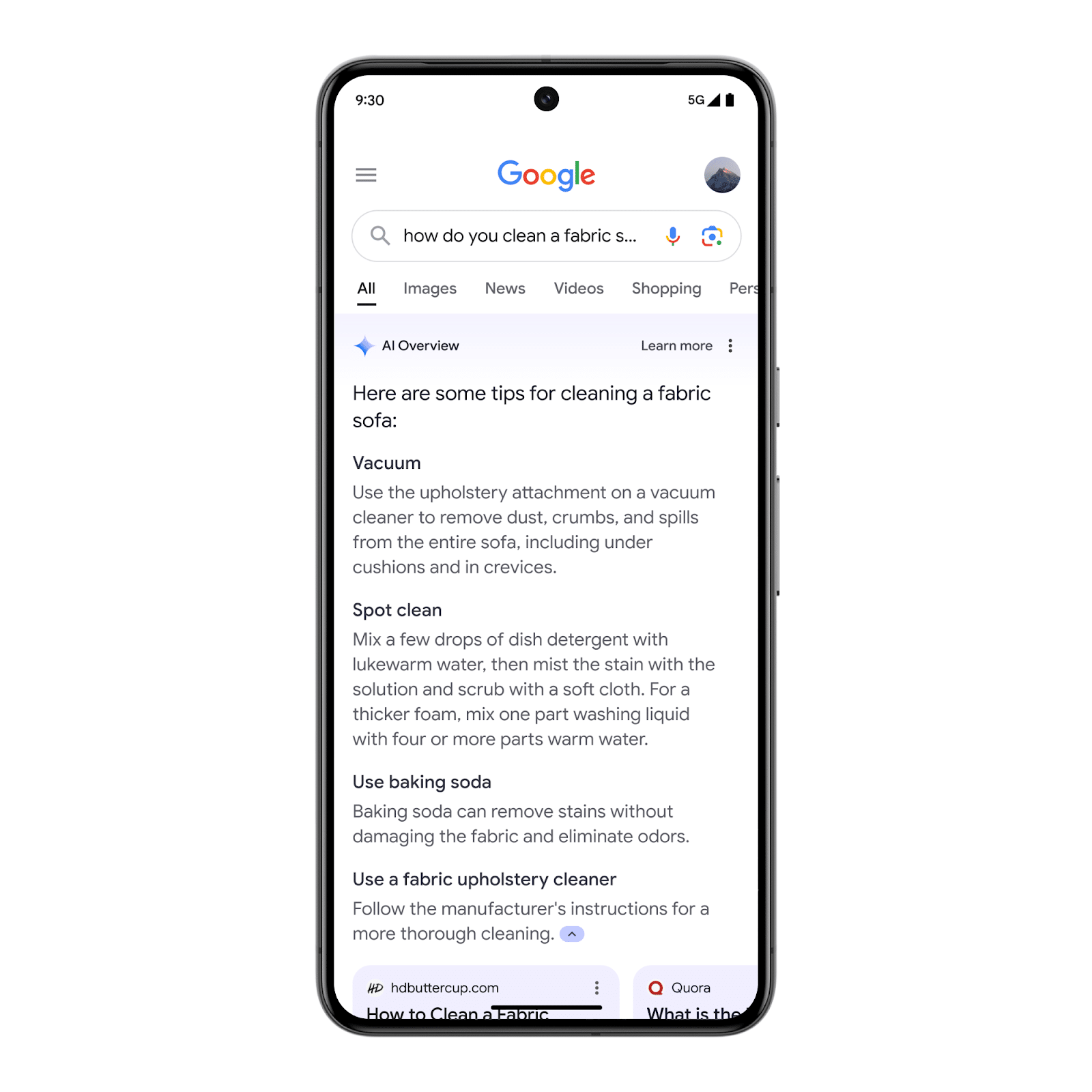
While much of the discussion around AI overviews has focused on their impact on organic search, Google has announced it will begin testing ads as part of AI Overviews.
Ads from existing Search, Performance Max and Standard Shopping campaigns have the opportunity to appear within the AI Overviews as part of this test.
While AI Overviews have recently scaled back due to quality issues, they will be back for an increasing percentage of queries in the future.
AI Overviews have reportedly led to fewer clicks from organic search results, causing a problem for many brands. This could increase competition and cost-per-click (CPC) for advertisers on Google Search.
Essentially, with AI Overviews pushing links further down the page, we’re seeing more brands that previously relied on SEO beginning to invest in PPC to fill the gap left by organic.
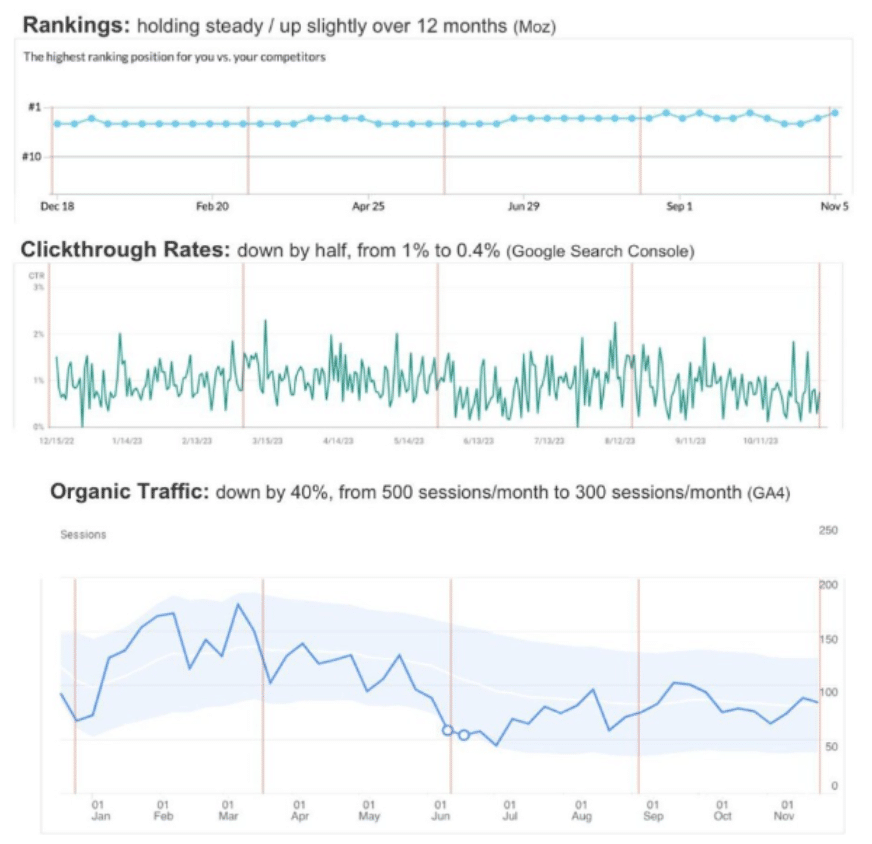
Google is focusing more on user-generated content (UGC) and showing listings from more social media platforms. It recently partnered with Reddit to display more of its content in Google search results.
Reddit’s traffic was up by nearly 40% year over year from Google, per Similarweb.
Brands should consider exploring advertising on Reddit to navigate the growing competition in Google Ads.
If Reddit pages keep ranking well in Google search results, you’ll likely reach more relevant users by displaying ads on these high-intent destination sites.
Dig deeper: 5 ways advertisers can prepare for Google’s AI Overviews
SearchGPT
OpenAI’s new prototype search product, SearchGPT, poses a direct challenge to Google Search.
Our agency clients and we have already received qualified leads from ChatGPT, showing that LLMs can be a viable search engine alternative. This will likely affect advertising soon.
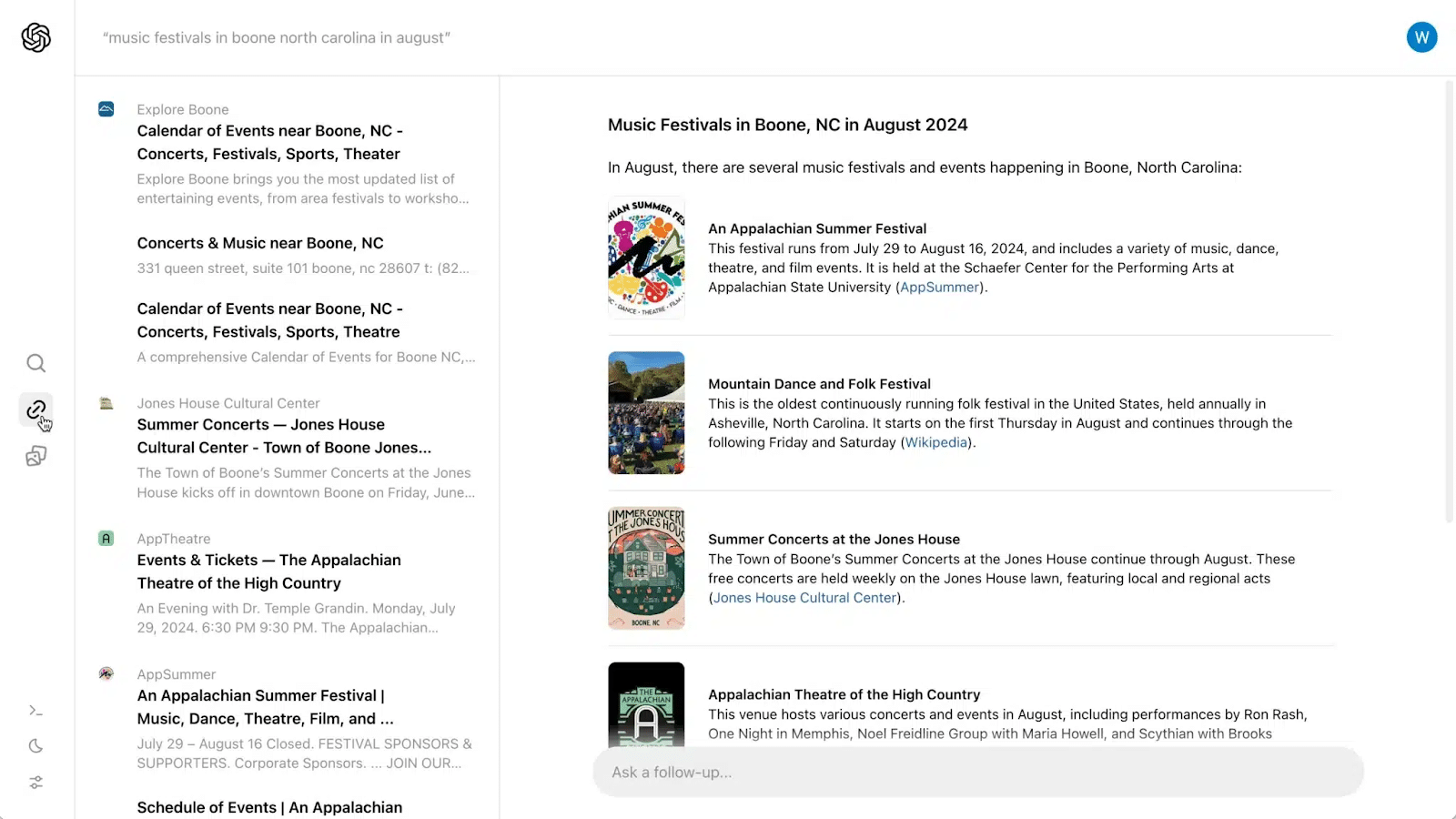
While OpenAI stated it wants a search experience “without drowning you in advertising,” ads will likely make their way into these products sooner rather than later.
AI-powered image and video editing
Google’s AI tools for creative editing let you add objects and extend backgrounds, changing how ads are created and optimized.
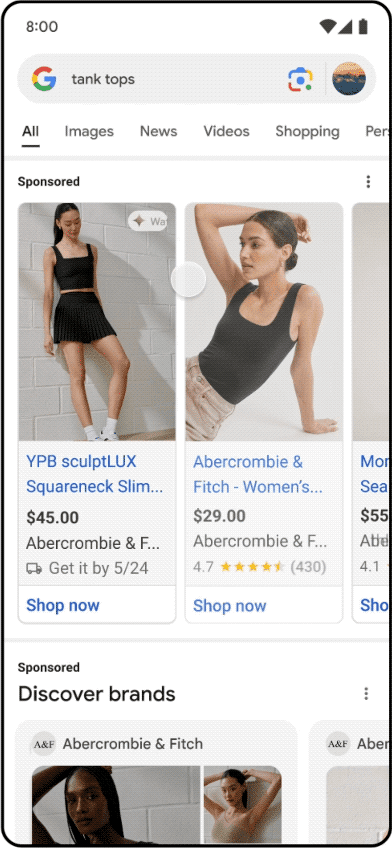
The recent introduction of 3D rotating ads and virtual try-ons in Shopping ads provide a more immersive and engaging user experience. In theory, this should improve user interaction and conversion rates.
Best practices for structuring accounts in the AI era
In the AI era, it’s crucial to structure accounts and manage audiences effectively. There are two main ways to do this:
- Numerous targeted ad groups: This method leverages ad customizers and specific landing pages to create highly targeted campaigns.
- Fewer, larger ad groups: This approach uses fewer ad groups with more generalized targeting, relying on AI to optimize within these larger segments.
We’ve seen more clients revert to the Hagakure method, which focuses on consolidating campaigns and ad groups to leverage Google’s machine learning more effectively.
This simplifies account management and enhances the performance of automated campaigns.
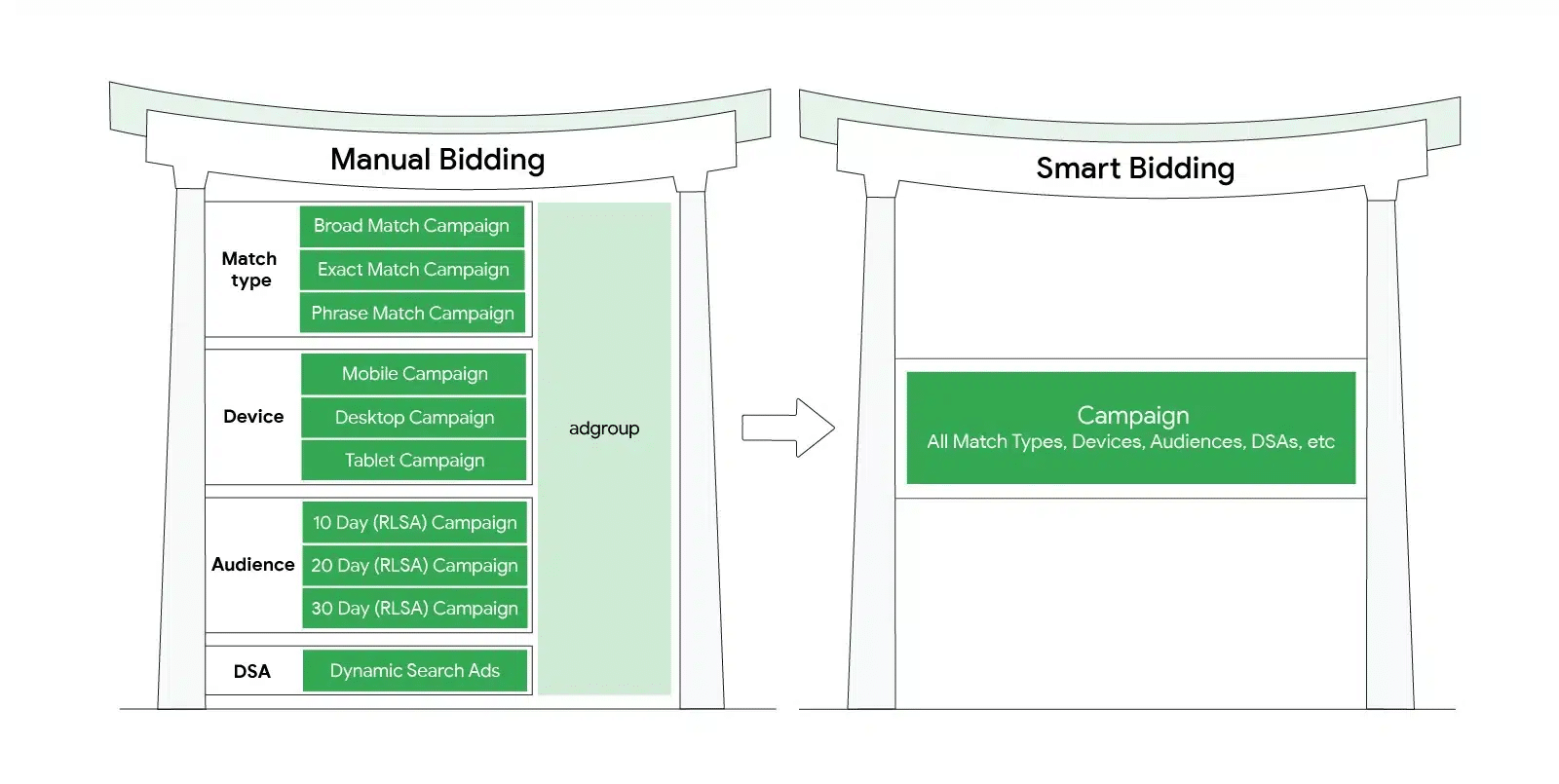
Dig deeper: 6 ways to use AI for paid search account restructuring
Challenges and opportunities
Challenge: Transparency and control
A major challenge with AI-driven advertising is the lack of transparency and control, which can lead to poor results.
However, recent updates, like the option to exclude certain topics and keywords in Performance Max, are beginning to address these concerns.
Opportunity: Leveraging first-party data
Think of machine learning as a car and data as the fuel. High-quality data is essential for optimal results.
First-party data is especially valuable for guiding audience targeting and connecting offline conversions, which is crucial for effective PPC management, particularly for B2B brands.
Challenge: Risk of over-reliance on AI creative
AI can simplify the creative process, but it risks making content too similar. Relying too much on AI might reduce the uniqueness of your ads, making it harder for your brand to stand out.
Balancing AI with human creativity is key to keeping your brand distinct and capturing attention.
Opportunity: Integrated search
With the search landscape being disrupted by platforms like ChatGPT and Google shifting toward more AI-generated results, PPC and SEO teams must collaborate to ensure search drives incremental growth.
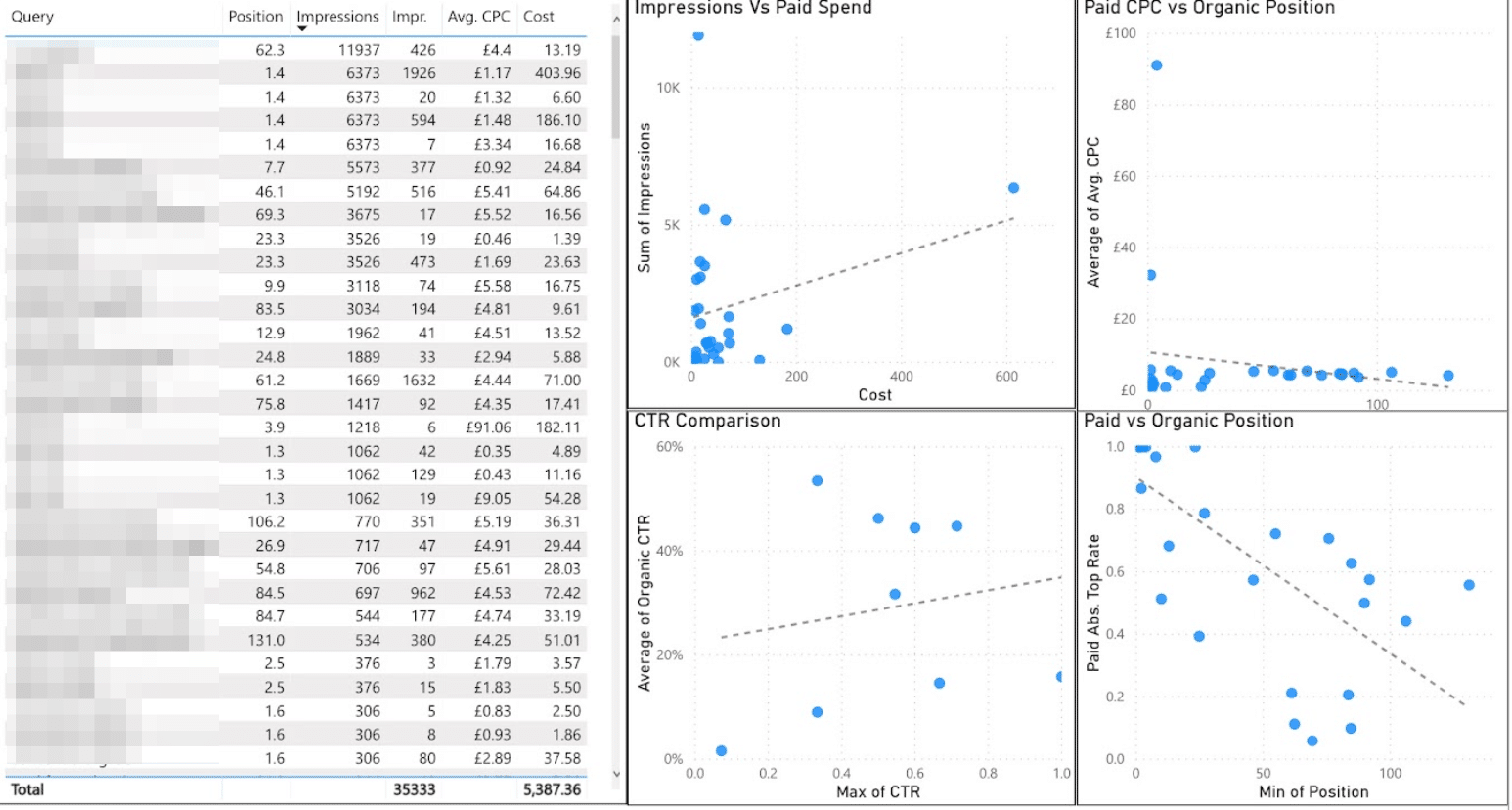
Takeaways: 5 steps to take today
As AI reshapes search advertising, staying ahead of the competition demands a proactive approach. Here are five actionable steps to future-proof your PPC campaigns:
1. Focus on data quality
Machine learning is the car, data is the fuel. Ensure that your data is accurate and comprehensive.
High-quality data is the foundation of successful AI-driven campaigns.
2. Balance automation with human expertise
While AI can handle many tasks, human oversight is still essential. Combine AI’s efficiency with your team’s strategic thinking to achieve the best results.
Tools like Performance Max and Microsoft’s Copilot offer significant benefits but require careful management, distinctive brand assets and continuous optimization.
3. Diversify spend and reduce reliance on search
As Google focuses more on UGC and younger users turn to social media instead of traditional search engines, brands should shift some of their ad budgets away from Google.
Investing in platforms like Reddit, which is becoming a popular source of information, could be a smart strategy.
Dig deeper: How to reach new audiences with multi-platform search advertising
4. Integrate your search data
Due to declining organic real estate, many brands are looking to invest more in PPC.
It’s important to evaluate incrementality from search overall. This helps determine which areas are worth investing in for the long term.
5. Invest in education and training
Continuous learning will help you leverage new tools and technologies effectively.
source https://searchengineland.com/ai-driven-search-advertising-success-445058

0 Comments